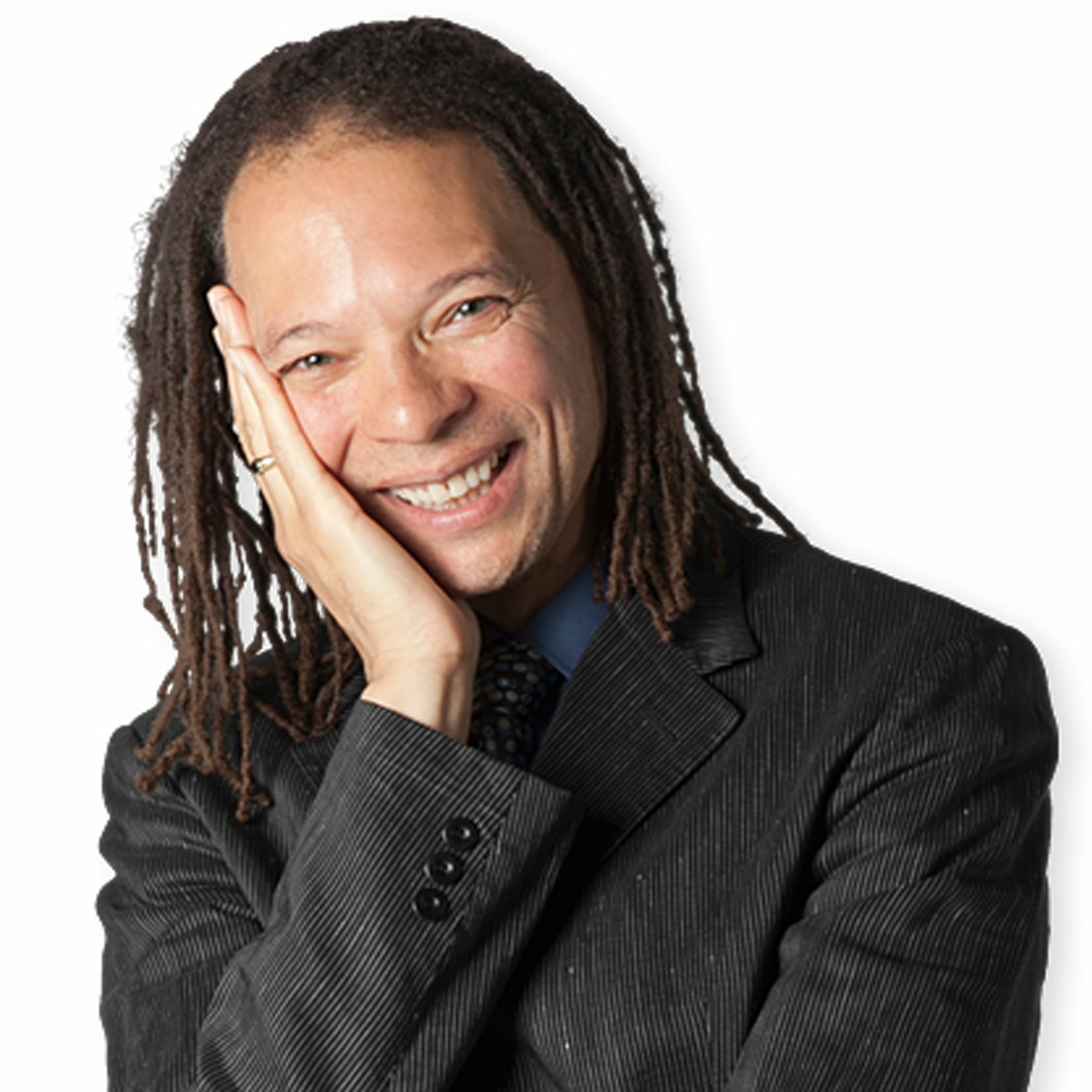Thomas DeFrantz: "Queer Social Dance, Political Leadership, and Black Popular Culture"

b'(Co-sponsored with both MIT Global Studies and Languages and Women\\u2019s and Gender Studies.)\\n\\n21st century popular culture, circulated by media, enables unusual affiliations of bodies in motion. When black social dances are practiced by American political leaders, as when First Lady Michelle Obama demonstrates \\u201cthe Dougie\\u201d in her \\u201cLet\\u2019s Move\\u201d anti-obesity campaign, or when Secretary of State Hillary Rodham Clinton dances alongside others during her 2012 tour of Africa, black social dance moves toward a center of considerations of embodied knowledge. This talk wonders at the intertwining of African American social dances and political leadership, conceived as the bodies of elected officials. In addition we will consider the commercial and socially-inscribed leaders of popular cultural, including Beyonce and Brittany Spears, as arbiters of African American social dance. Ultimately, the talk suggests a haunting presence of queers-of-color aesthetic imperatives within political mobilizations of black social dance, continually \\u2013 and ironically \\u2013 conceived as part and parcel of rhetorics of liberation and freedom of movement. As queer dances emerge in marginalized relationship to mainstream concerns of identity and gesture, and then migrate toward shifting centers of popular culture, they shimmer and switch, bringing to light \\u2013 perhaps \\u2013 possibilities of creative aesthetic social dissent.\\n\\nThomas F. DeFrantz is Chair of African and African American Studies at Duke University, and director of SLIPPAGE: Performance, Culture, Technology, a research group that explores emerging technology in live performance applications. His books include the edited volume Dancing Revelations Alvin Ailey\\u2019s Embodiment of African American Culture (de la Torre Bueno Prize, Oxford University Press, 2004), and Black Performance Theory, co-edited with Anita Gonzalez (Duke University Press, 2014). In 2013, working with Takiyah Nur Amin and an outstanding group of artists and researchers, he founded the Collegium for African Diaspora Dance. A director and writer, he is the outgoing President of the Society of Dance History Scholars. He taught at MIT for many years, in Music and Theater Arts and Comparative Media Studies.'